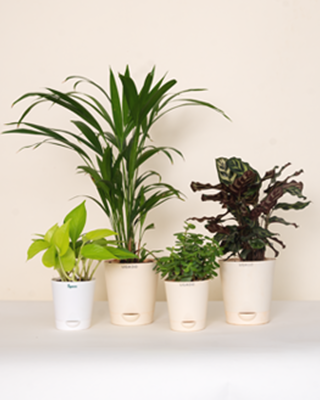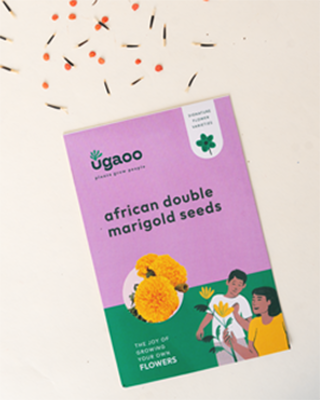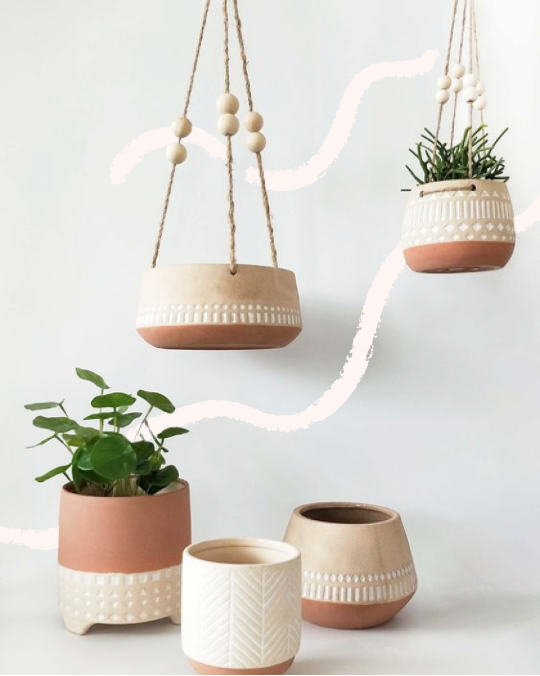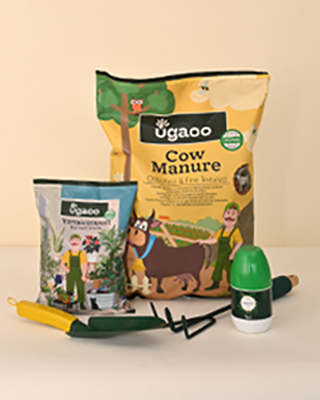1. Aspirin
A famous painkiller often referred as wonderdrug in the medical world; aspirin can be very beneficial to plants as well. Aspirin can help plants to grow in a much better manner with lots of vigour and resistance to diseases. It has shown excellent results in growing healthy tomato plants.
How to use?
A couple of aspirin tablets are added in a watering can, and the plants are thoroughly showered with the same water. Bathe the foliage of plants with aspirin water and also add water to the soil. This can be practiced once a month.

2. Epsom salt
Epsom salt is nothing but magnesium sulphate (MgSO4), which is popular for its use as medicine on various human diseases. However, it has shown some great effects on flowering plants like Roses, Carnations and fruiting vegetables like Tomato, Chilli and Brinjal.
Epsom salt is often provided to potted plants to induce flowering.
How to use?
Dissolve a couple of tablespoons of Epsom salt in 10-litre water. With the help of watering can the foliage of plants can be showered with this solution. It can also be used as a foliar spray by using hand sprayer. You can add the solution to the soil as well.

3. Buttermilk
Buttermilk is one of the most nutritious and healthiest beverages in the world mainly because of the presence of probiotics. Did you know that buttermilk can save your garden plants from fungal infections! Buttermilk solution is sprayed on foliage to save the young seedlings from diseases like damping off and powdery mildew.
How to use?
1-litre buttermilk is mixed with 4 litres of water, and this solution is sprayed on the front and back side of the leaves.
Tip: Sour buttermilk is used for older plants whereas less sour one is used for young seedlings.
4. Honey
The good old honey is also very beneficial for plants. Honey has lots of complex carbohydrates and plants growth regulators. It is particularly used as a natural rooting hormone to grow stem cuttings.
How to use?
Add one tablespoon of honey in 2 cups of boiling water and let it cool. Dip the tip ends of stem cuttings in this solution and plant the stems in soil/sand for rooting.
Read more about how to grow plants by stem cuttings!

5. Coconut water
Coconut water is indeed ‘amrit.’ There are plenty of mineral nutrients present in coconut water. These can serve as micronutrients to plants, as the potting soil often lacks them. Coconut water is excellent plant tonic.
How to use?
Mix 100 ml coconut water in 5-litre water. Wash the plants thoroughly with this solution. Use it on all kinds of flowering, foliage and vegetable plants.

6. Soap water
Using chemical insecticides in home gardening can be dangerous. You can prepare homemade insecticide by using regular dish wash soap. It can protect your plants from harmful insects like mealy bugs, aphids, caterpillars etc. Read about home remedies for pest control.
How to use?
Add 4-5 tablespoons of pure liquid soap in 5 litres of water. Spray this solution on plants once a month to keep insects at bay.
7. Eggshells
Eggshells which are mostly thrown away can be a good source of calcium to plants. Calcium is vital for all plants, and it is essential for growing vegetable crops.
How to use?
Collect eggshells from the kitchen. Powder the eggshells in mixer/grinder. Mix couple of tablespoons of eggshell powder in potting soil of all plants. The eggshell powder can also be added to your compost bin to generate strong compost.

Similarly, you can also discover the use of various household material like coffee/tea grounds, milk, vinegar etc. for gardening.
Happy Gardening!














